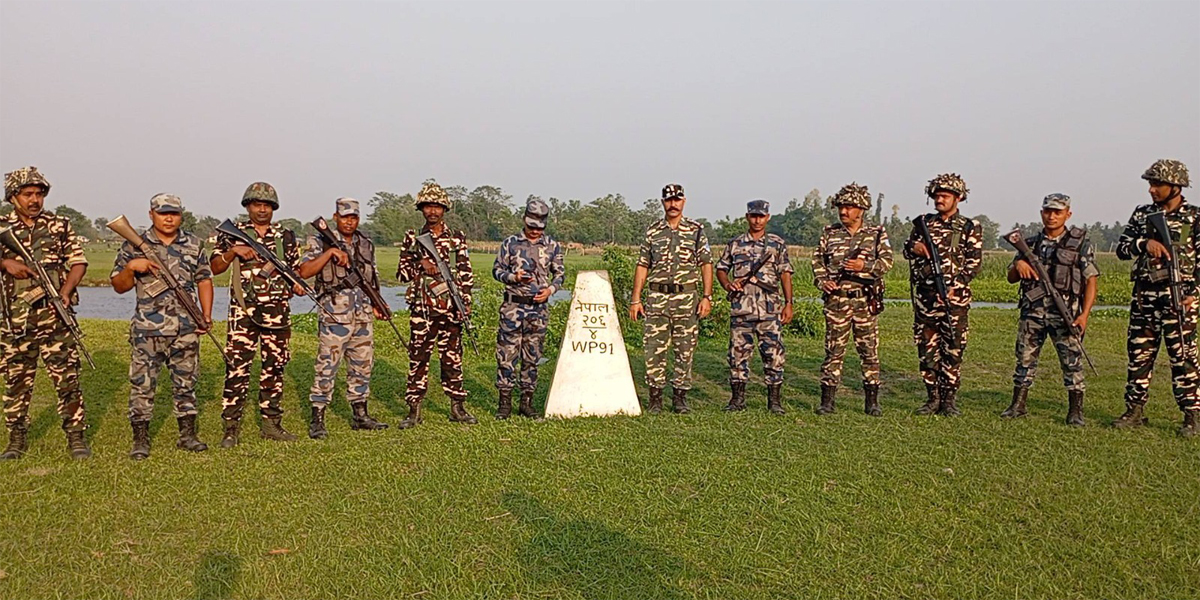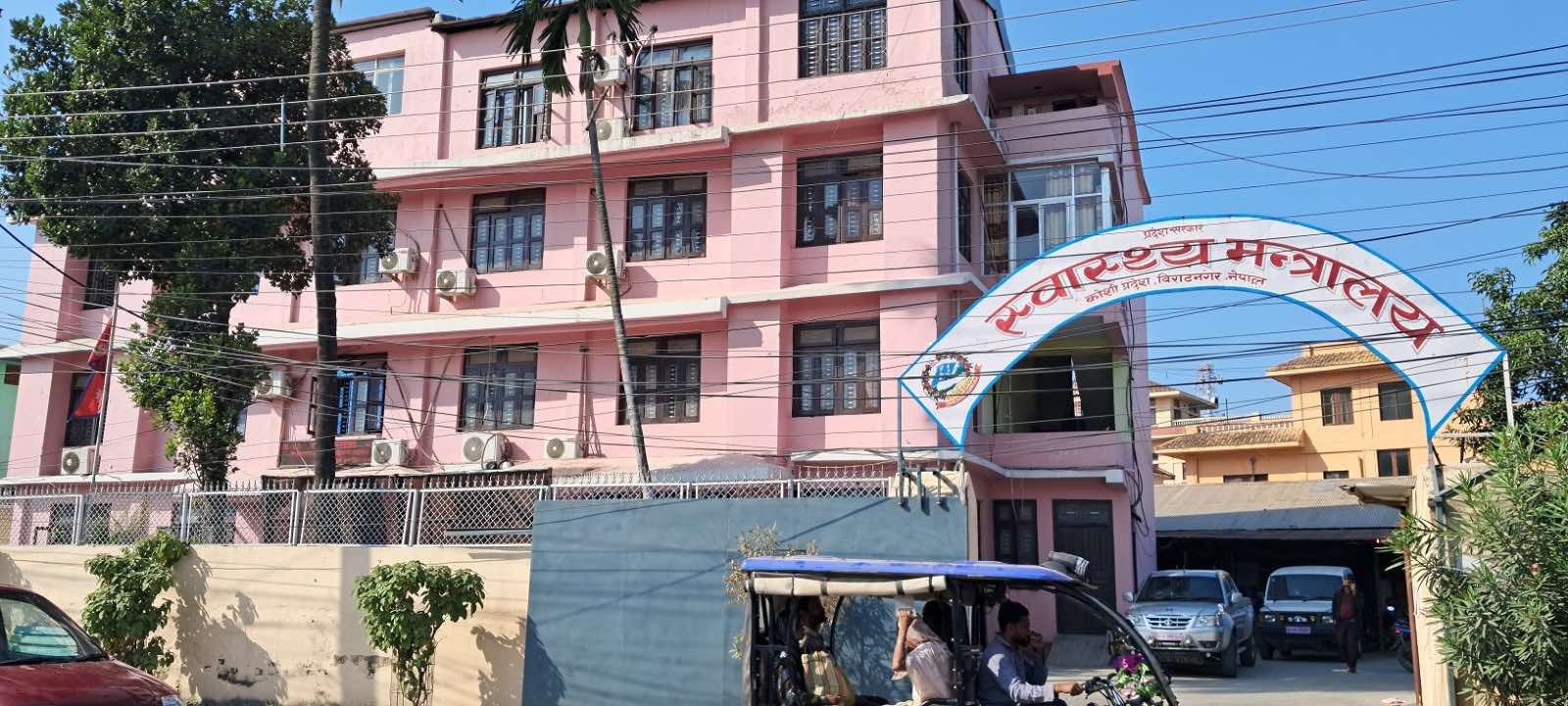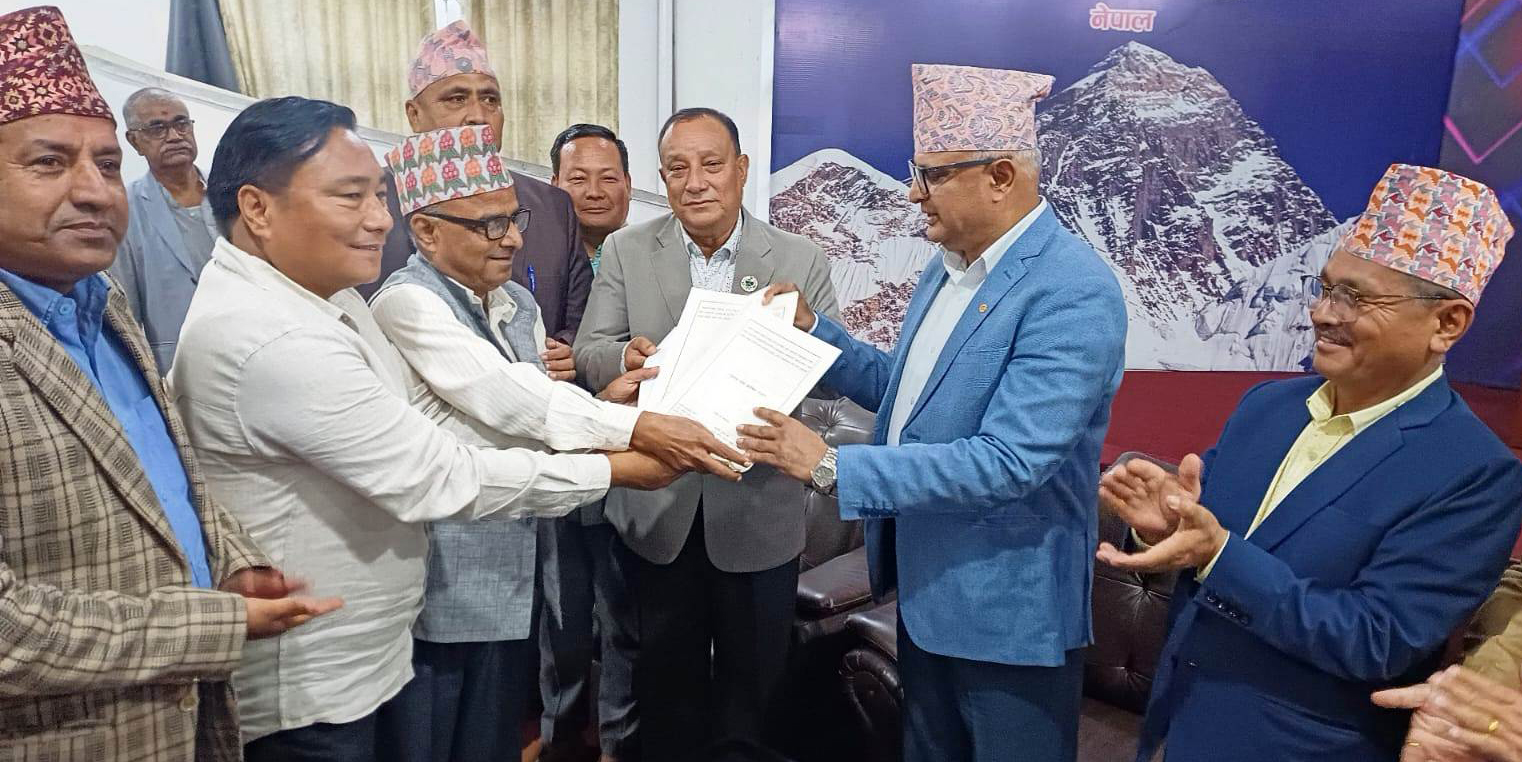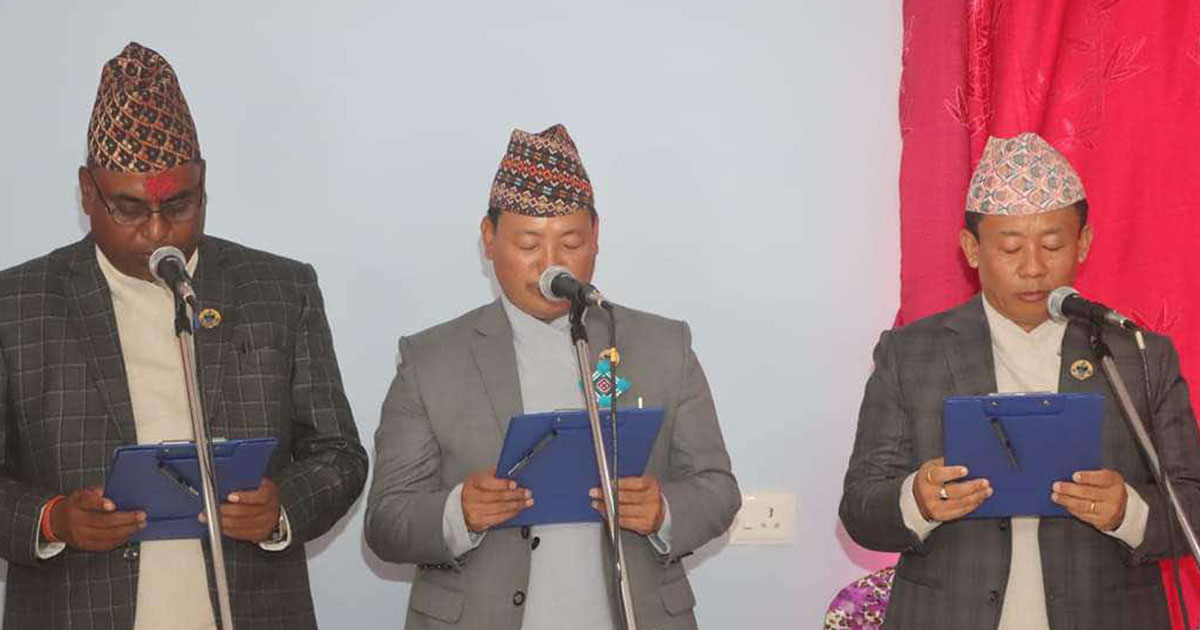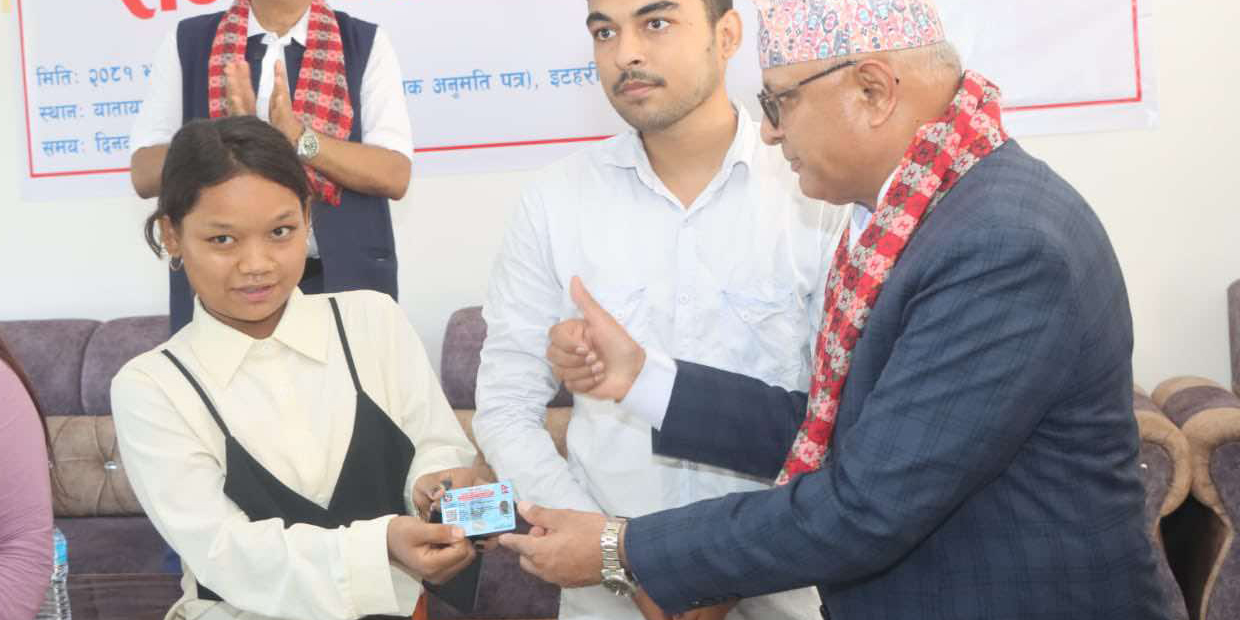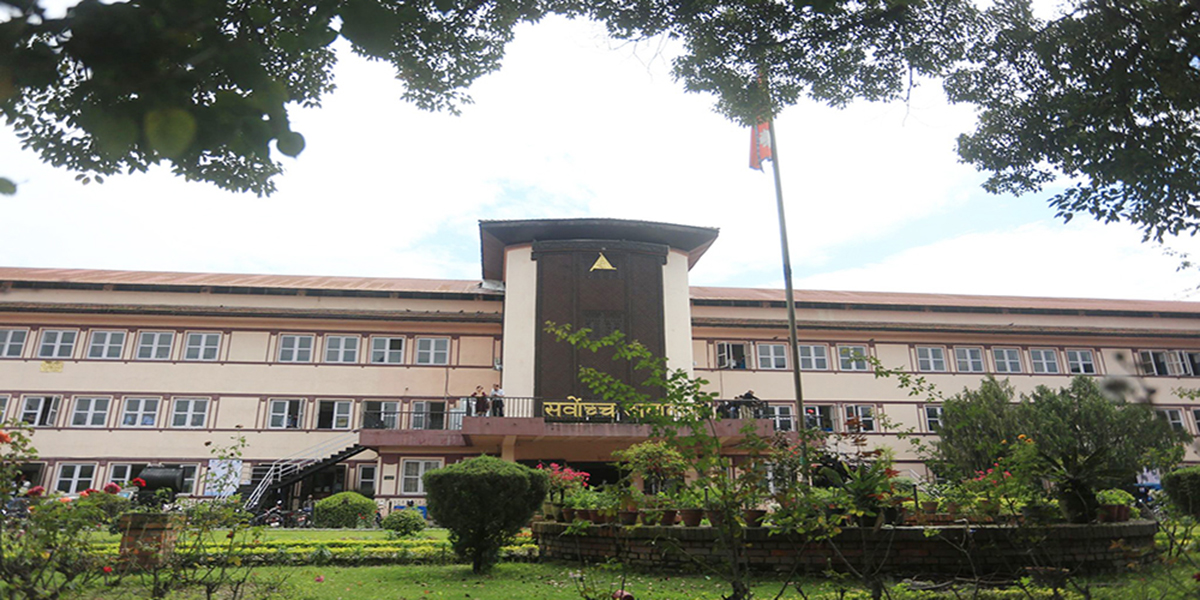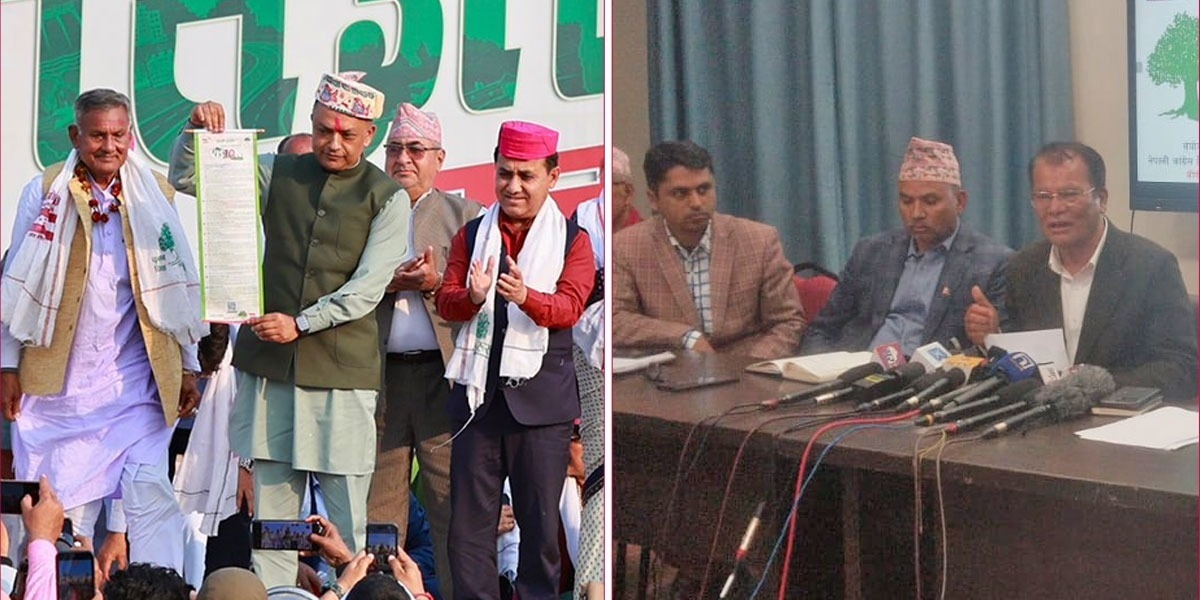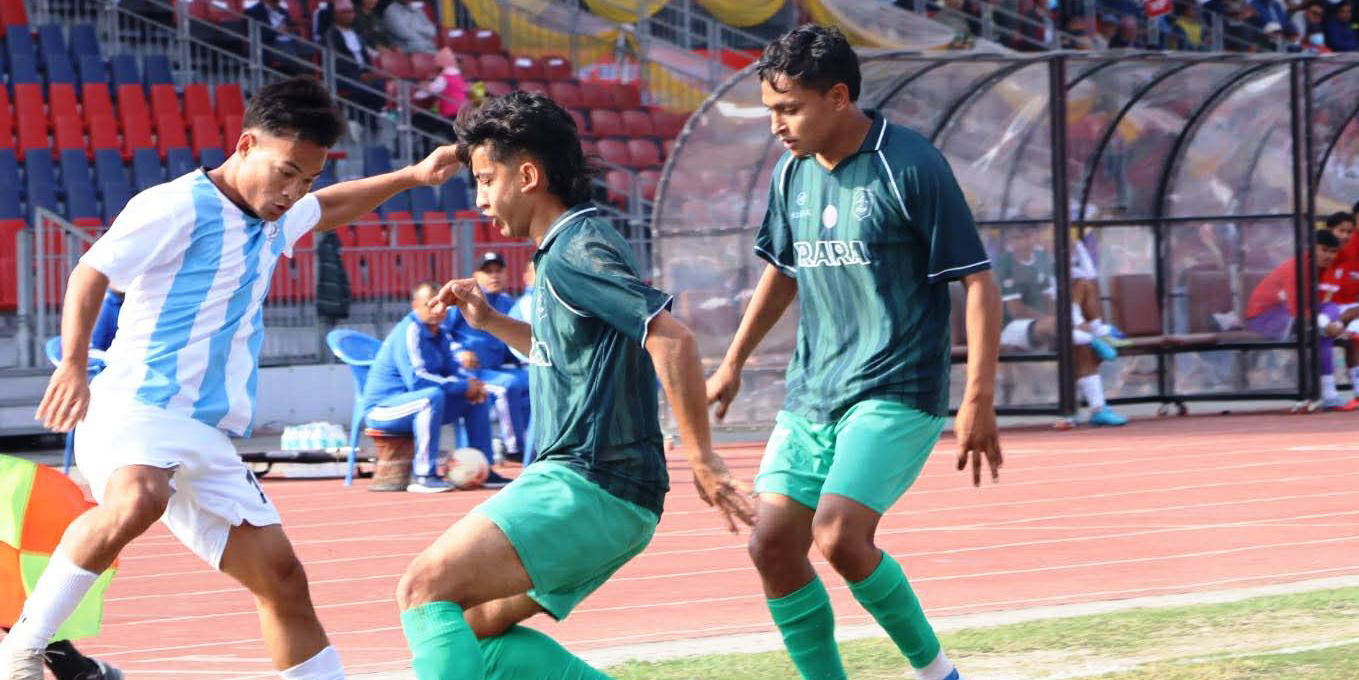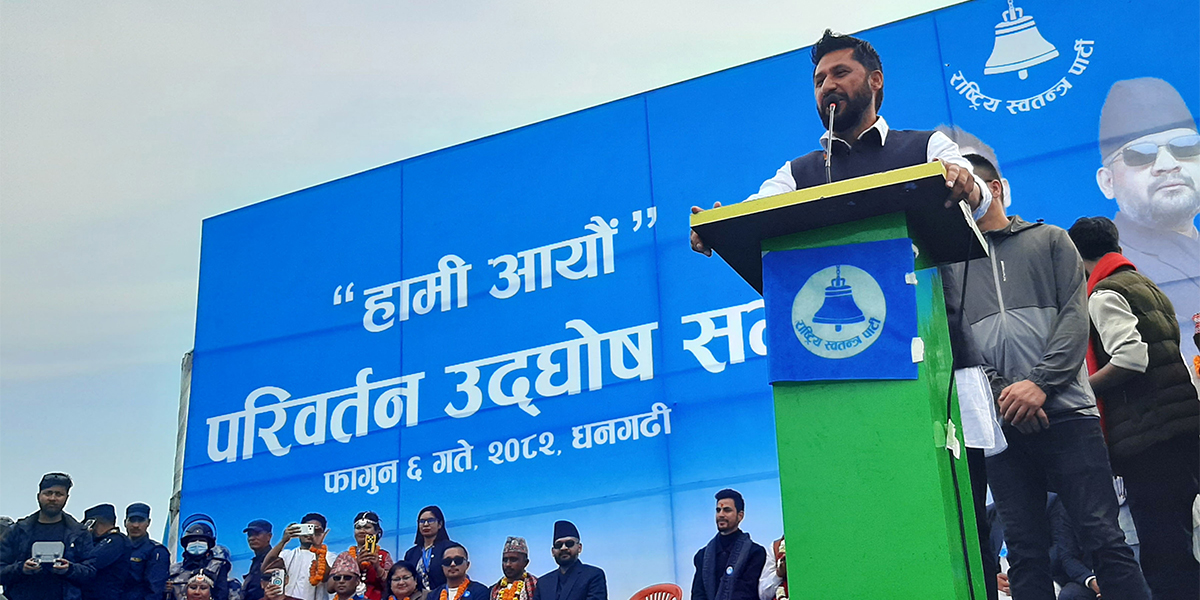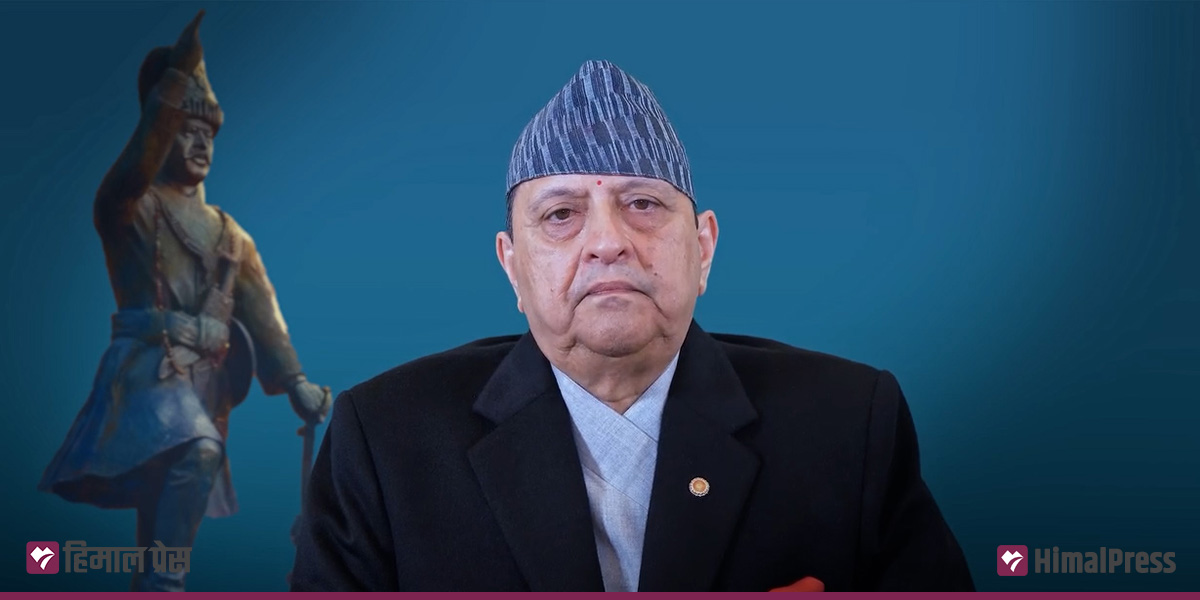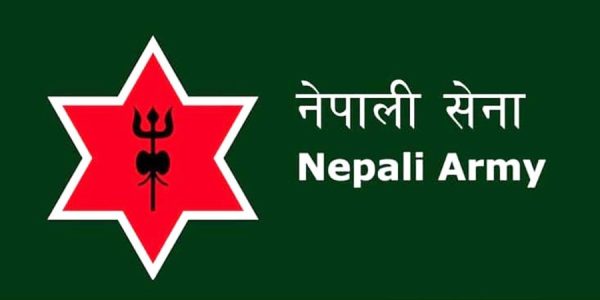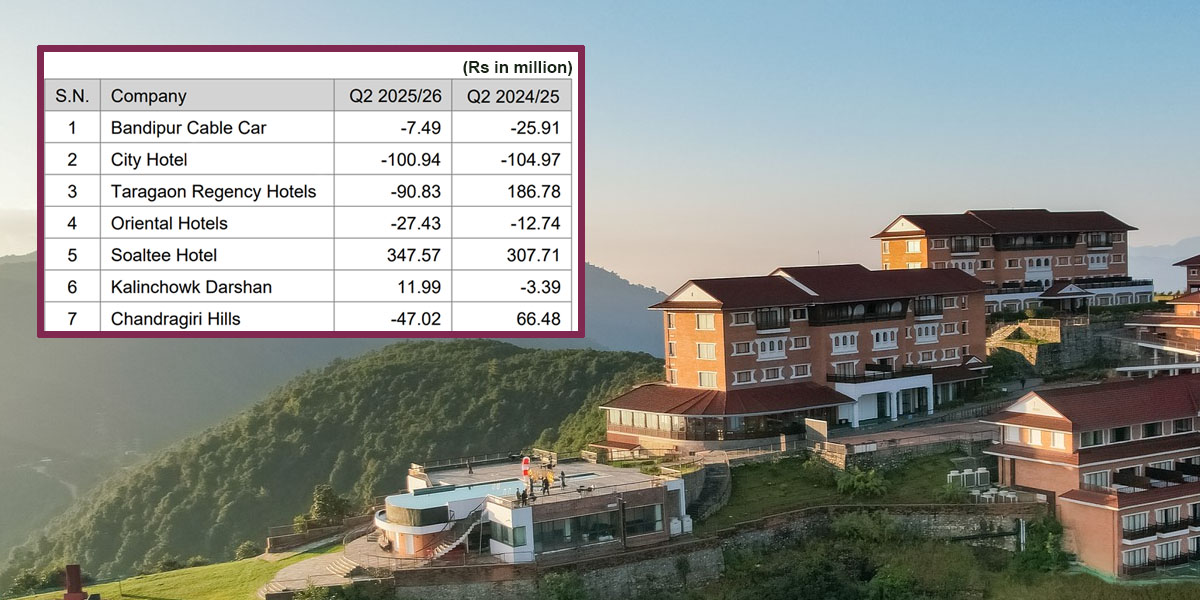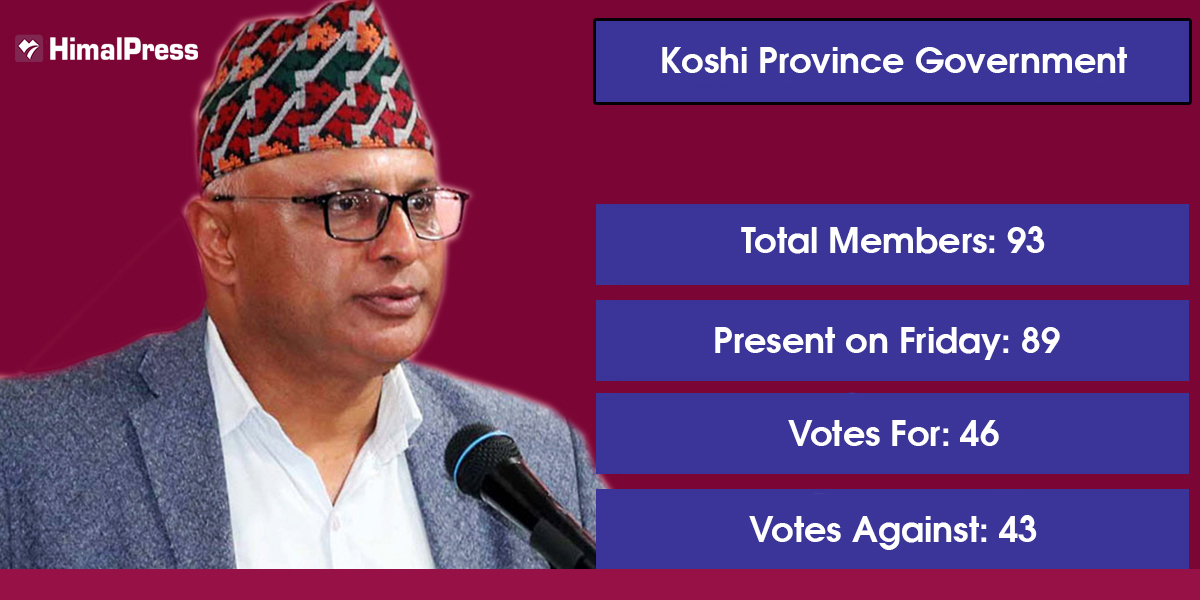
ITAHARI: Chief Minister of Koshi Province, Hikmat Kumar Karki, has failed the floor test.
In the voting held at the Koshi Province Assembly on Friday, 46 members voted for him, while 43 voted against him.
The support of 47 members is needed in the Koshi Province Assembly to form a government.
Although Chief Minister Karki got the assembly session prorogued on Thursday evening to persuade JSP, which has one member in the provincial assembly, to vote for him, he wasn’t successful.
Karki, the parliamentary party leader of CPN-UML in the provincial assembly, was appointed Chief Minister on January 8 with the support of CPN (Maoist Center), Rastriya Prajatantra Party (RPP), and Janata Samajbadi Party (JSP) as per Article 168 (2) of the Constitution of Nepal. He took the floor test after the Maoist Center and JSP withdrew their support.
UML has 40 members in the provincial assembly, while its ally RPP has six. Similarly, Nepali Congress (NC) has 29, Maoist Center has 13 (including the Speaker), CPN (Unified Socialist) has four, and JSP has one.
What next?
Although opposition leaders have said that they would now make a claim to form a majority government, it won’t be possible without getting support of UML and RPP. They have a combined 46 members in the province assembly, and are one member short of the magic number.
If none of the parties made the claim to form a majority government as per Article 168 (2), the Province Chief will invite the largest party in the provincial assembly, CPN-UML, to form the government as per Article 168 (3) of the Constitution of Nepal. But the Chief Minister appointed as per Article 168 (3) will have to get a vote of confidence within 30 days.
If the Chief Minister appointed as per Article 168 (3) fails to get a vote of confidence, any member can make a claim to form a government by presenting grounds on which they are able to secure a vote of confidence in the provincial assembly as per Article 168 (5).
If this also doesn’t happen, the Chief Minister will, as per Article 168 (7) of the Constitution of Nepal, dissolve the provincial assembly on the recommendation of the Chief Minister and fix a date for the new election.
Since the mid-term election will not disseminate positive message, opposition leaders say they are open to the idea of forming a consensus government.

 Himal Press
Himal Press 